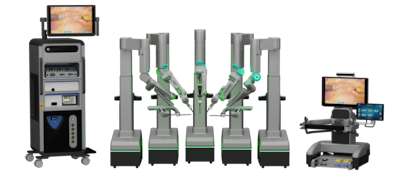Decentralized clinical trials, which use communication technology to avoid forcing patients to visit a central lab or clinic, are changing how drugs and devices are developed.
They are less burdensome for patients, can reach underserved areas and, if designed well, provide more information to pharmaceutical and...
Read the full article – start your free trial today!
Join thousands of industry professionals who rely on Medtech Insight for daily insights
- Start your 7-day free trial
- Explore trusted news, analysis, and insights
- Access comprehensive global coverage
- Enjoy instant access – no credit card required
Already a subscriber?







